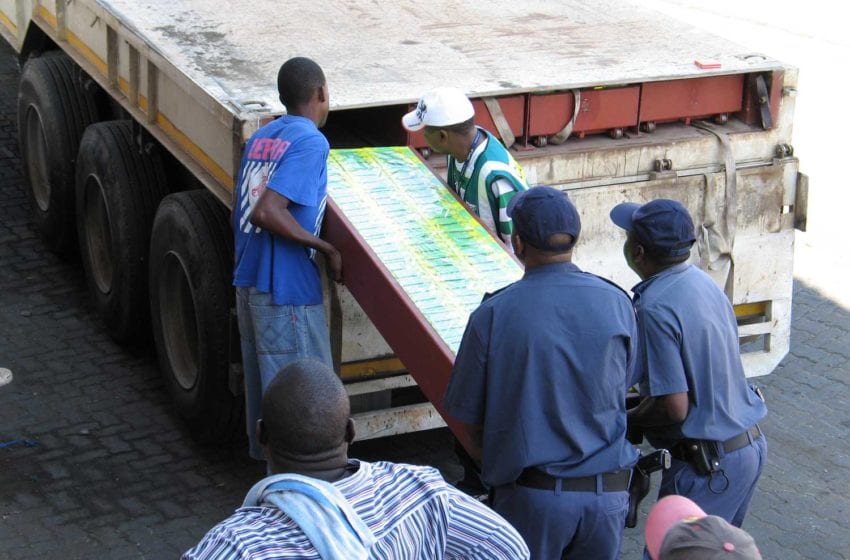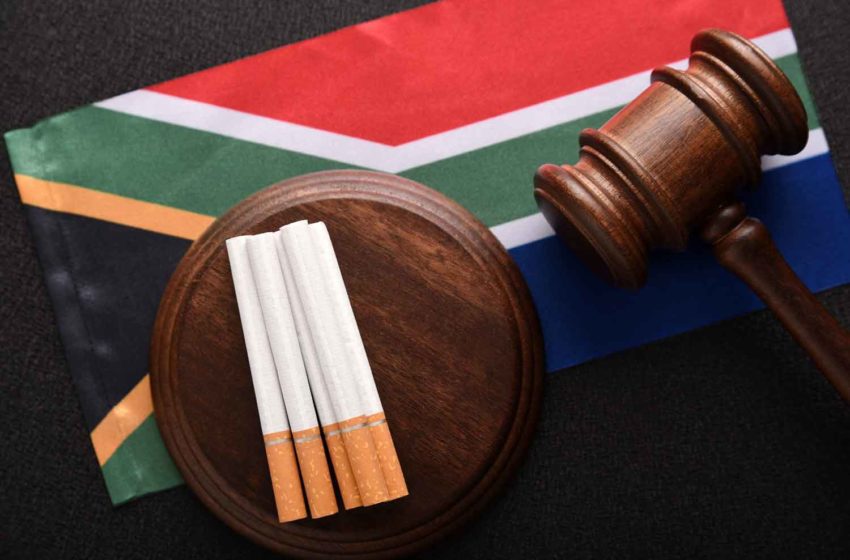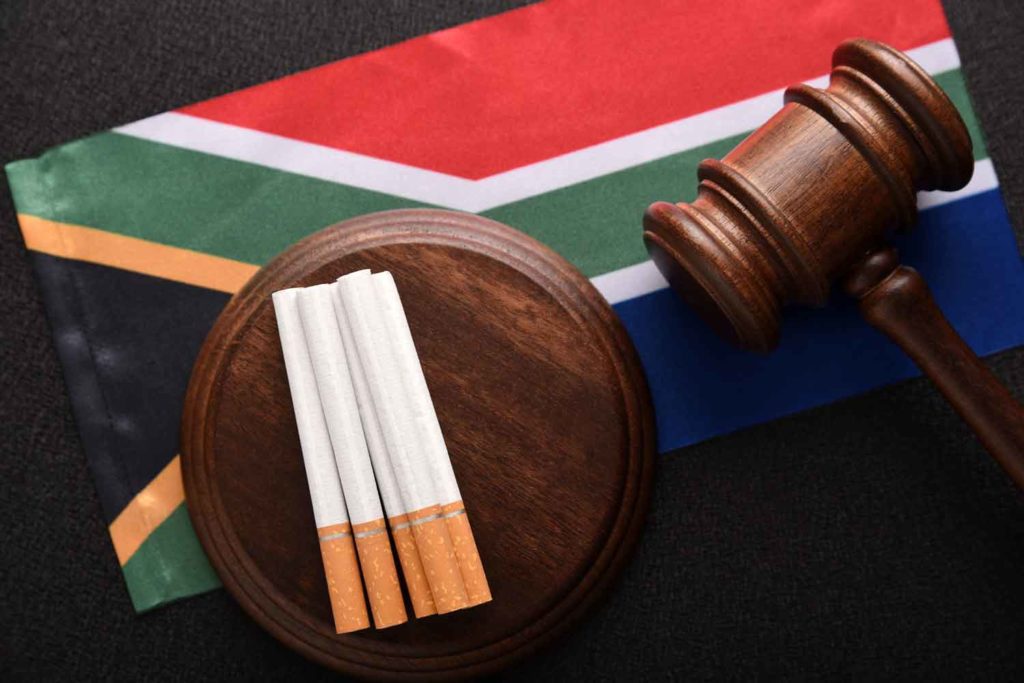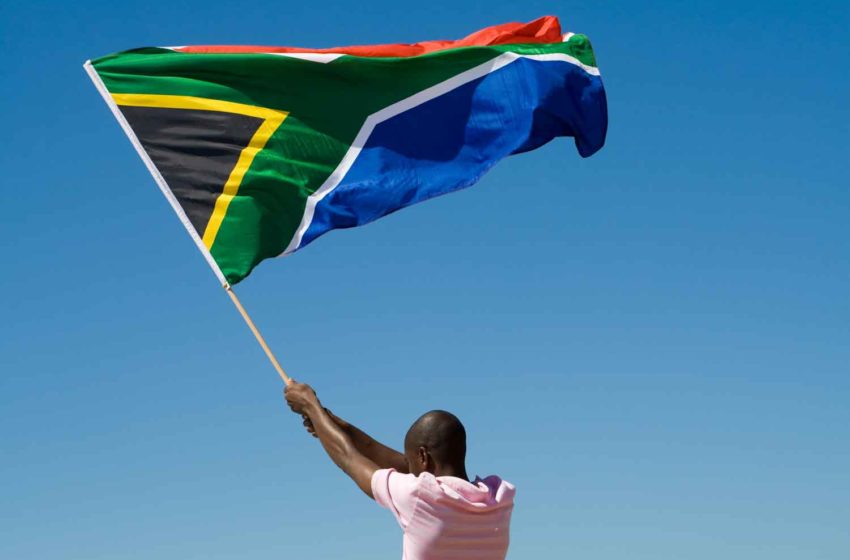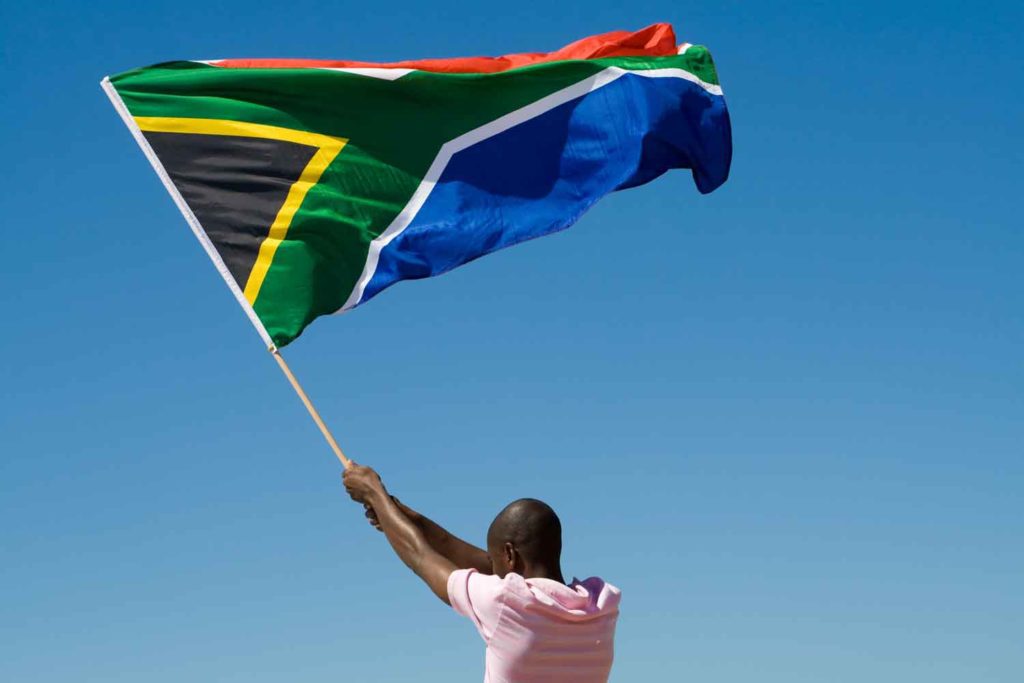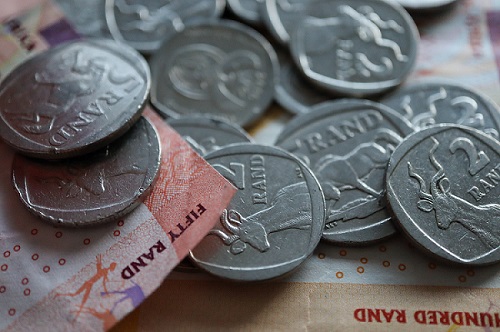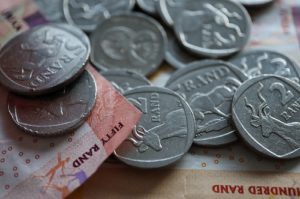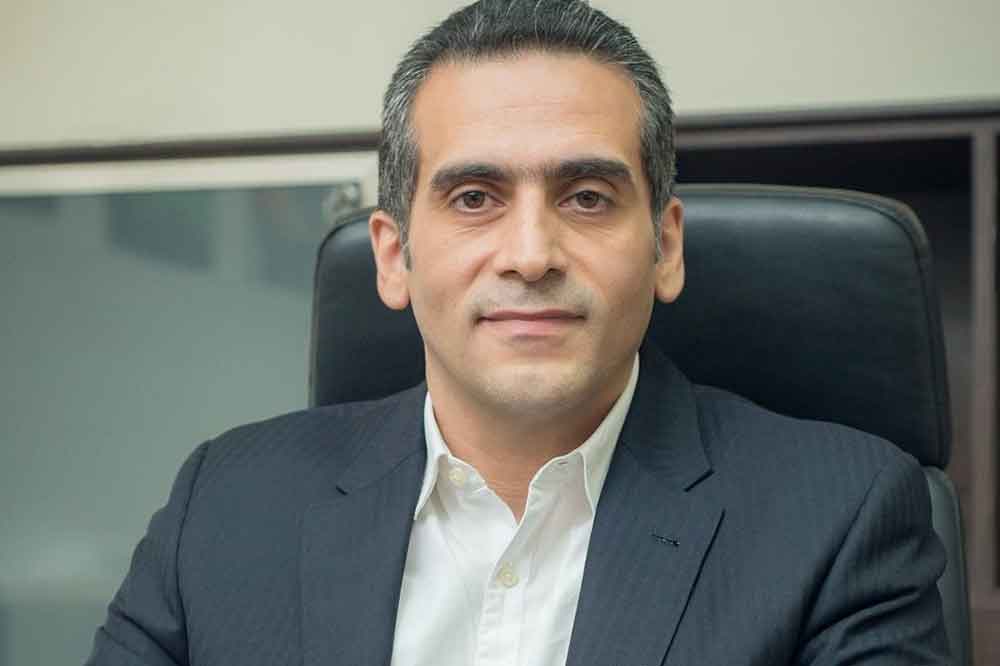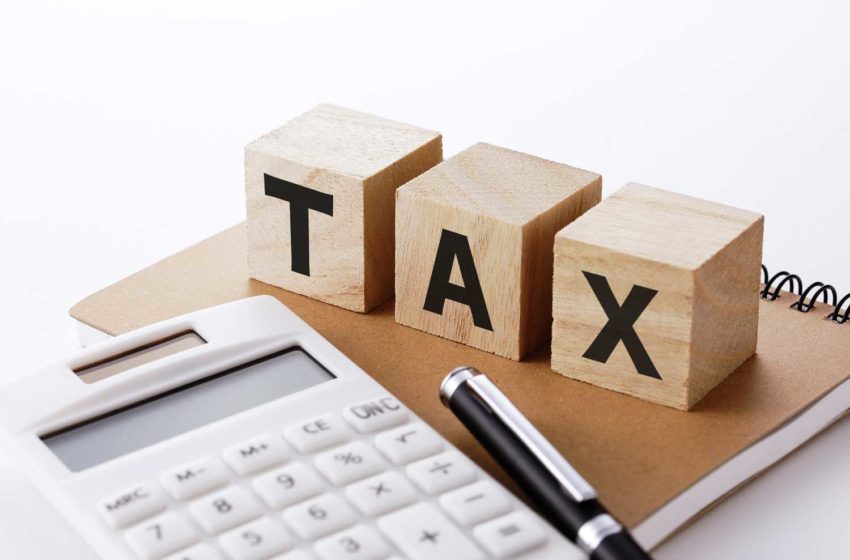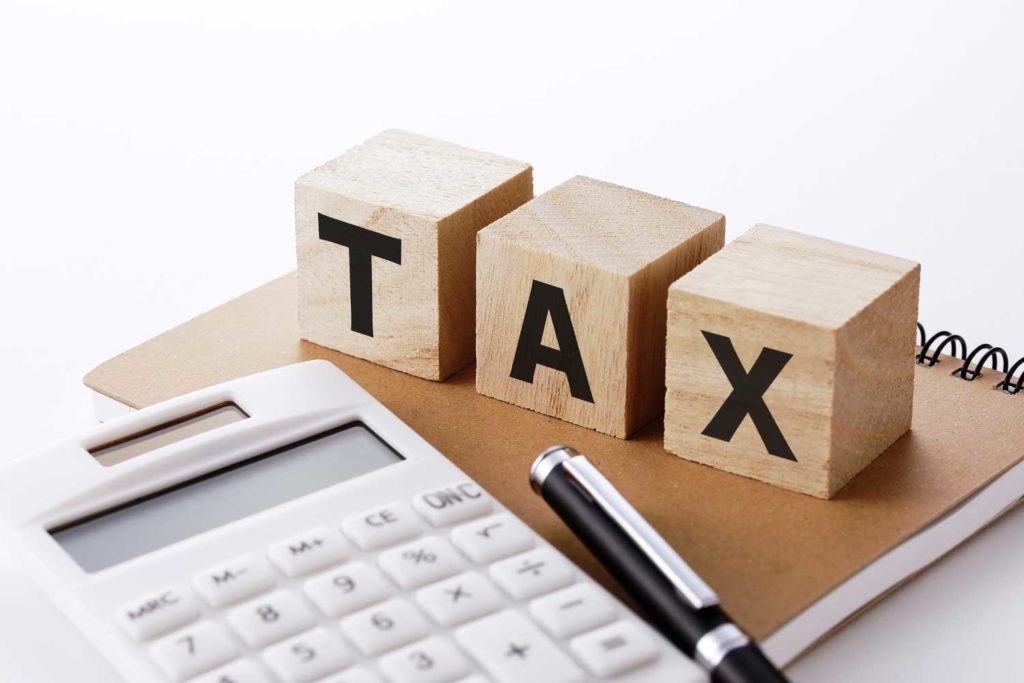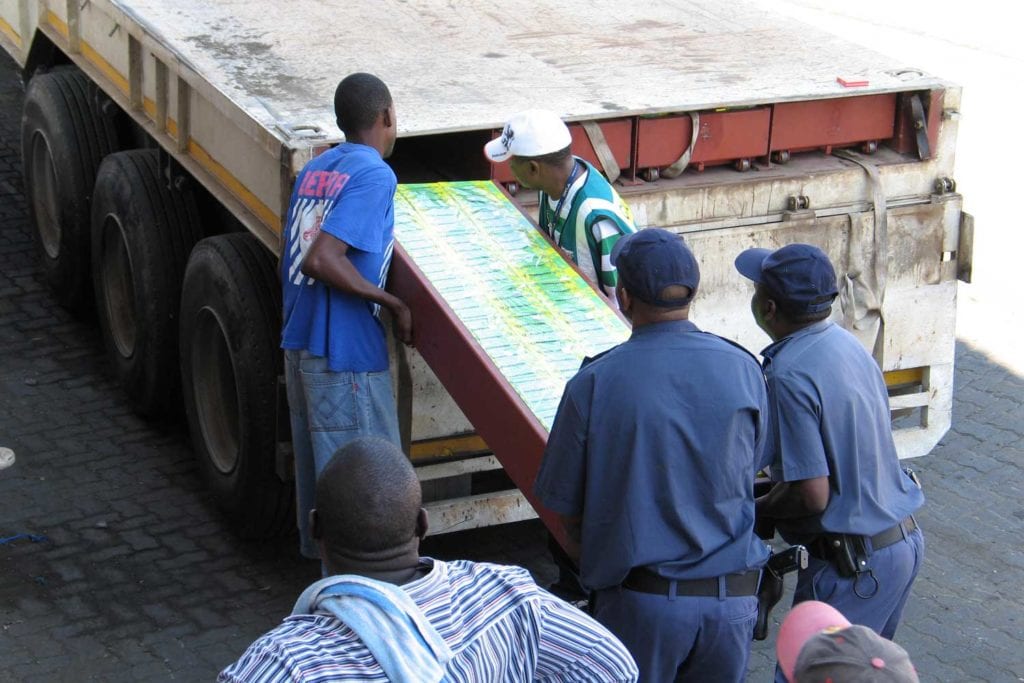
The illicit cigarette trade continues to thrive in South Africa despite recent enforcement actions, according to a new Ipsos study.
According to Ipsos’ latest study, shops nationwide are still flooded with illegal tobacco products more than two years after the unconstitutional tobacco sales ban was imposed by the government as part of their response to the Covid-19 pandemic.
The study found that almost four out of five stores in the Western Cape (77.9 percent) sell cigarettes below the minimum collectible tax (MCT) rate of ZAR22.79 ($1.28) per pack. Almost three in four shops in Free State (72.3 percent) sell cigarettes below the MCT as do 66.2 percent of outlets in Gauteng, a significant increase compared to research conducted a year ago.

“The latest Ipsos study is irrefutable proof that the unconstitutional lockdown tobacco sales ban created a monster with an insatiable appetite.”
Johnny Moloto, general manager, BAT South Africa
A single pack of 20 cigarettes can be bought for as little as ZAR7, down from ZAR8, which was the lowest price found in the October 2021 study, according to Ipsos.
“The latest Ipsos study is irrefutable proof that the unconstitutional lockdown tobacco sales ban created a monster with an insatiable appetite,” said Johnny Moloto, general manager of BAT South Africa.
“Criminal manufacturers of tax-evading cigarettes are refusing to give up their control of the South African tobacco market and are pocketing billions in illicit profits that deprive the state of vital revenue and destroy honest jobs.”

